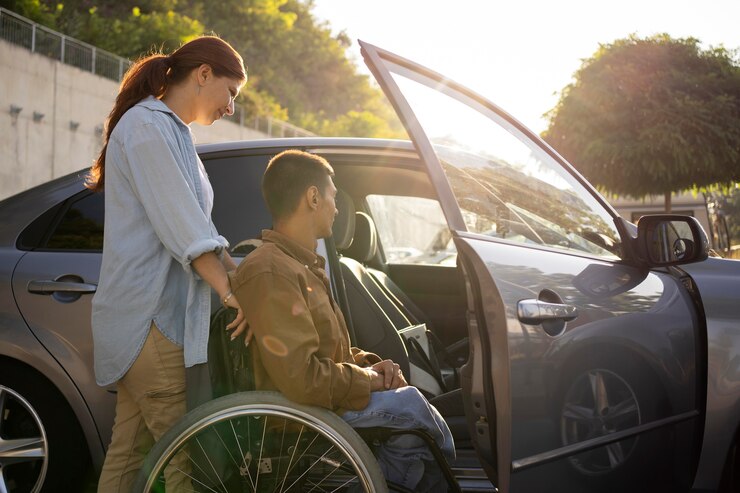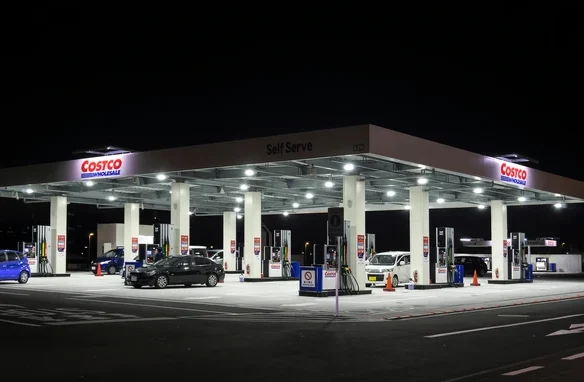The Salvation Army Free Car Program: A Comprehensive Guide
In a world where mobility can significantly impact one’s quality of life, having access to a reliable vehicle is often a necessity. For many individuals and families in need, the Salvation Army offers a beacon of hope through its Free Car Program. This guide explores the intricacies of the Salvation Army Free Car Program, detailing how it works, who qualifies, and how it benefits the community.
Understanding the Salvation Army Free Car Program
What is the Salvation Army Free Car Program?
The Salvation Army Free Car Program is an initiative designed to provide individuals and families in need with free vehicles. These vehicles are typically donated by generous individuals or corporations and are given to those who qualify based on need and other criteria.
Goals of the Program
The primary goal of the program is to improve the quality of life for individuals facing economic hardships. By providing free cars, the Salvation Army helps recipients gain access to essential services, improve their employment prospects, and enhance their overall mobility.
How Does the Program Work?
How Vehicles are Donated
Vehicles for the program are donated by individuals, car dealerships, and corporate partners. These donations are often tax-deductible for the donors, making it an attractive option for those looking to give back.
Vehicle Inspection and Preparation
Once a vehicle is donated, it undergoes a thorough inspection and refurbishment process to ensure it is safe and reliable for the new owner. This process may include repairs, maintenance, and cleaning.
Application Process
Eligibility Criteria
To apply for a free vehicle, individuals must meet certain eligibility criteria. This often includes demonstrating financial need, providing proof of income, and sometimes participating in a program or service offered by the Salvation Army.
How to Apply
Interested individuals can apply through their local Salvation Army branch or via the organization’s website. The application process typically involves filling out a form, providing necessary documentation, and sometimes attending an interview.
Selection Process
Review and Approval
Applications are reviewed by a selection committee that assesses the applicant’s need and suitability. The approval process may involve a background check and verification of the information provided.
Receiving the Vehicle
Once approved, the recipient is notified and given details about the vehicle they will receive. The vehicle is then transferred to the recipient, along with any necessary paperwork and instructions.
Benefits of the Program
Access to Employment
Having a reliable vehicle can significantly improve a person’s ability to seek and maintain employment. It provides greater flexibility in commuting and opens up more job opportunities.
Healthcare and Education
Access to transportation also enhances the ability to attend medical appointments and educational institutions, which are crucial for maintaining health and pursuing personal development.
Maintenance and Reliability
Ongoing Maintenance Needs
Recipients are responsible for maintaining their vehicles, which can be a challenge for those already facing financial difficulties. The Salvation Army provides initial support but ongoing maintenance costs are the responsibility of the recipient.
Vehicle Reliability
While the vehicles are inspected and repaired before being given away, there’s always a chance that issues may arise. The Salvation Army may offer limited support in these cases.
Program Limitations
Availability of Vehicles
The availability of vehicles is dependent on donations. In some areas, there may be a limited number of cars available, which can affect the program’s reach and impact.
Geographical Constraints
The program’s availability can vary by location. Not all regions may have access to this initiative, depending on local resources and infrastructure.
Success Stories
Real-Life Impact
There are numerous stories of individuals and families whose lives have been transformed by the Salvation Army Free Car Program. These stories highlight the personal and practical benefits of having access to reliable transportation.
Community Testimonials
Testimonials from community members and program recipients provide insight into how the program has made a positive impact on their lives and the difference it has made in their daily routines.
Conclusion
The Salvation Army Free Car Program is a vital initiative that offers much-needed support to individuals and families in need. By providing free vehicles, the program enhances mobility, access to essential services, and overall quality of life for its recipients. While there are challenges and limitations, the positive impact of the program is evident in the success stories and community testimonials. If you’re looking to support this cause, consider donating a vehicle, volunteering your time, or making a financial contribution to help continue this important work.
FAQs
How can I apply for a free car from the Salvation Army?
To apply, visit your local Salvation Army branch or their website. You will need to complete an application, provide documentation of financial need, and possibly participate in an interview.
What types of vehicles are typically available?
The vehicles available through the program vary and can include cars, trucks, and SUVs. All vehicles undergo inspection and refurbishment before being given away.
Are there any costs associated with receiving a vehicle?
The vehicle itself is free, but recipients are responsible for ongoing maintenance and repair costs. The Salvation Army provides initial support but does not cover these long-term expenses.
Can I donate a vehicle to the program?
Yes, you can donate a vehicle to the program. Contact your local Salvation Army branch to arrange the donation. Vehicle donations are often tax-deductible.
How does the Salvation Army support vehicle maintenance?
While the Salvation Army provides initial repairs and inspections, ongoing maintenance is the responsibility of the vehicle recipient. The organization may offer limited support for major issues that arise after the vehicle is given away.







